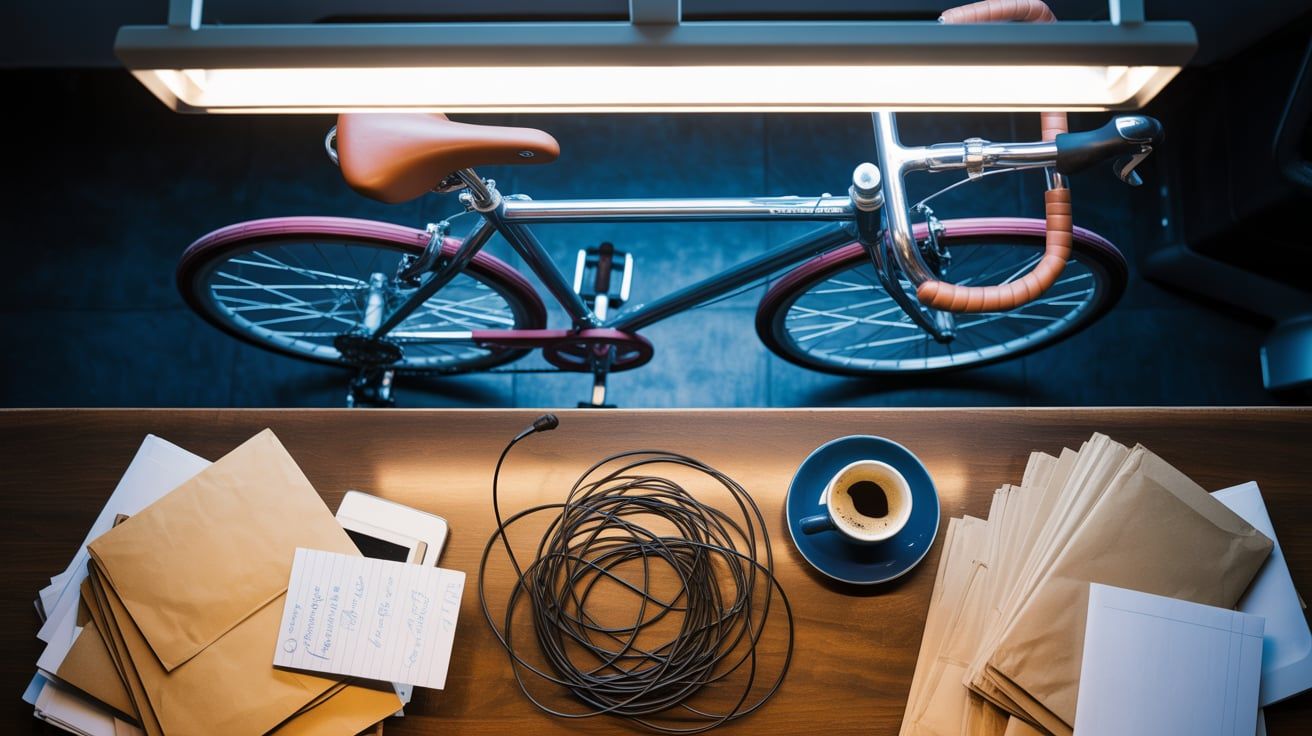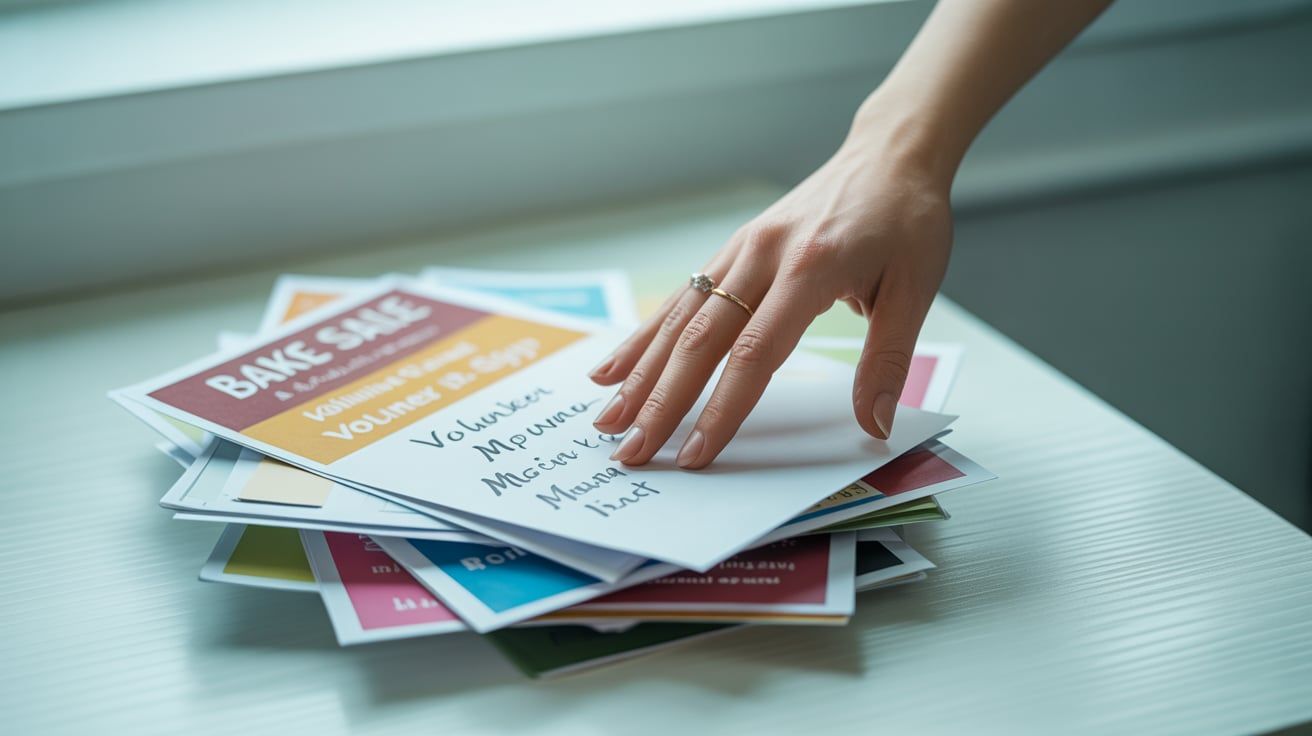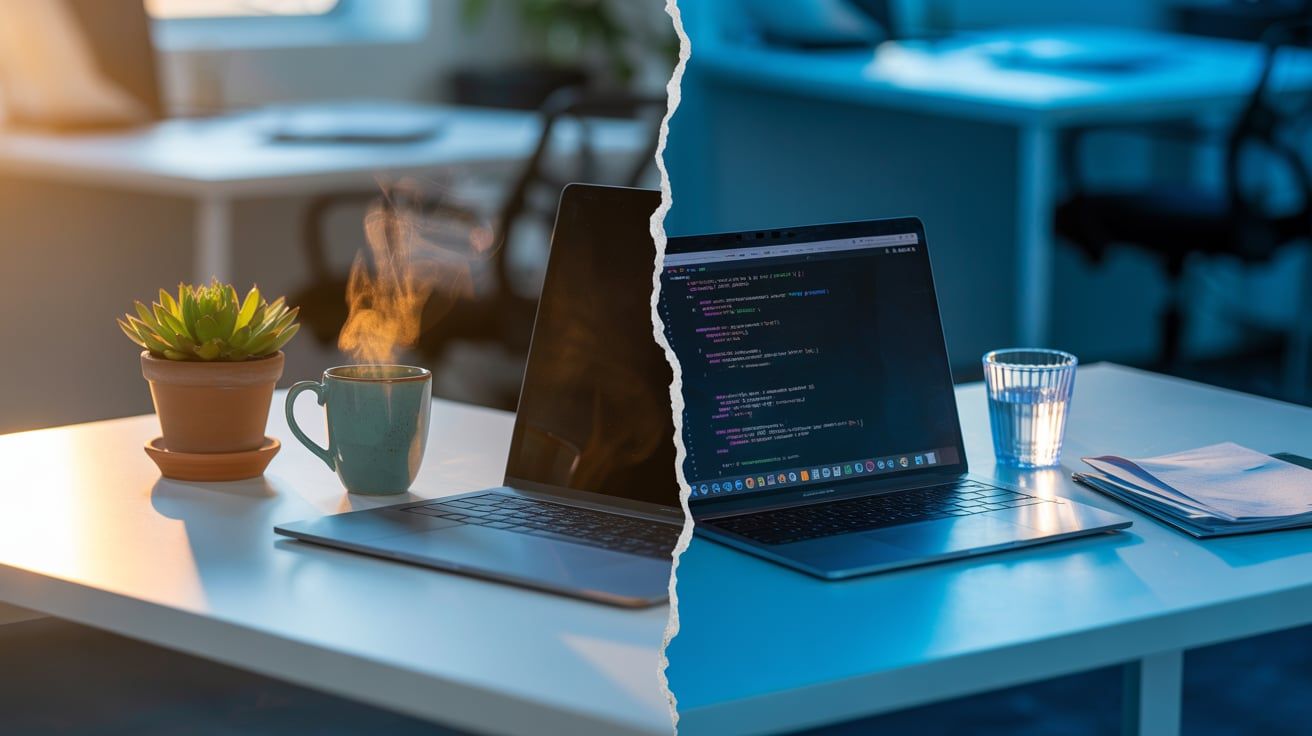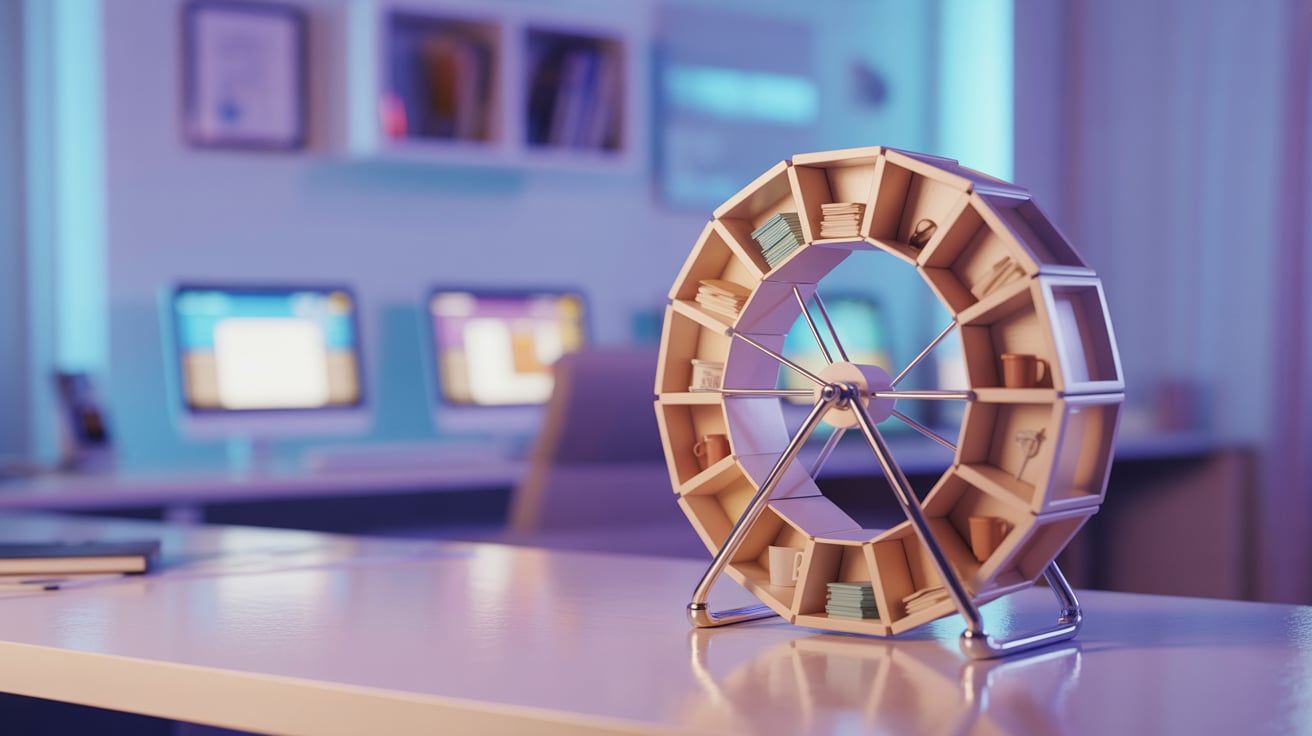
The Guilt Trip: Why Saying No Feels So Hard
Ever found yourself agreeing to something you *really* didn’t want to do, only to spend the next few days (or weeks!) resenting it? Maybe it was volunteering for a school bake sale when you’re already swamped, or agreeing to help a friend move on your only free weekend. We’ve all been there. That uncomfortable feeling, that nagging guilt, is a common human experience. But why is saying “no” so difficult in the first place? It often boils down to a fear of disappointing others, damaging relationships, or being perceived as selfish.
From a young age, many of us are conditioned to be agreeable and helpful. We’re praised for saying “yes” and often subtly (or not so subtly) punished for saying “no.” This creates deeply ingrained habits that are hard to break. We start to equate saying “yes” with being a good person, and “no” with being a bad one. This is where the guilt creeps in, whispering insidious doubts and making us question our own needs and boundaries. Understanding the root of this guilt is the first step towards overcoming it and reclaiming your time and energy.
Mindfulness: The Key to Recognizing Your Limits
Before you can confidently say “no,” you need to be aware of your own limits and priorities. This is where mindfulness comes in. Mindfulness is the practice of paying attention to the present moment without judgment. It allows you to become more attuned to your thoughts, feelings, and physical sensations, giving you valuable insights into your true needs and desires. When faced with a request, take a moment to pause and check in with yourself. How does this request make you feel? Does it align with your values and goals? Do you genuinely have the time and energy to commit to it?
Practicing mindfulness doesn’t require hours of meditation. You can incorporate it into your daily life by simply paying attention to your breath, noticing the sensations in your body, or taking a few moments to appreciate the beauty around you. The more you practice mindfulness, the better you’ll become at recognizing your limits and making choices that are in alignment with your well-being. This increased self-awareness will empower you to say “no” with greater ease and less guilt.
The Power of “No”: Reclaiming Your Time and Energy
Saying “no” isn’t about being selfish; it’s about respecting your own time, energy, and boundaries. Think of your time and energy as valuable resources. Just like money, you only have a limited amount to spend. Saying “yes” to everything means you’re constantly depleting these resources, leaving you feeling drained, stressed, and resentful. Learning to say “no” allows you to protect these resources and invest them in things that truly matter to you – your personal growth, your relationships, your health, and your passions.
When you consistently say “yes” when you really want to say “no,” you’re essentially sacrificing your own needs for the sake of others. While it’s important to be kind and helpful, it’s equally important to prioritize your own well-being. Remember, you can’t pour from an empty cup. By saying “no” to things that don’t serve you, you create space for things that do, allowing you to live a more fulfilling and authentic life.
Crafting Your “No”: Scripts That Actually Work
Now for the practical part: how do you actually say “no” without feeling like a terrible person? The key is to be clear, concise, and respectful. You don’t need to offer lengthy explanations or elaborate excuses. A simple and direct “no” is often the most effective. However, if you feel the need to soften the blow, here are a few scripts you can adapt to different situations:
* **The Direct Approach:** “Thank you for thinking of me, but I’m not able to commit to that right now.” * **The Time-Bound Approach:** “I appreciate the offer, but my schedule is already full. Perhaps another time?” * **The Referral Approach:** “That sounds interesting, but it’s not really my area of expertise. Have you considered contacting [name]?” * **The Honest Approach:** “I’m not the best person for this task, but I wish you the best of luck finding someone.” * **The “Maybe Later” Approach:** “I’m not able to do this now, but please keep me in mind for future opportunities.” Remember to tailor these scripts to your specific situation and relationship with the person making the request. The most important thing is to be genuine and authentic in your response.
Setting Boundaries: The Foundation of Healthy Relationships
Saying “no” is an essential part of setting healthy boundaries in your relationships. Boundaries are the limits you set to protect your physical, emotional, and mental well-being. They define what you are and are not willing to tolerate in your interactions with others. When you consistently say “yes” to things you don’t want to do, you’re essentially allowing others to cross your boundaries. This can lead to feelings of resentment, frustration, and burnout.
Setting boundaries is not about being controlling or demanding; it’s about communicating your needs and expectations in a clear and respectful manner. It’s about teaching others how to treat you. When you set healthy boundaries, you create a foundation of mutual respect and understanding in your relationships. This allows you to build stronger, more authentic connections with the people in your life. Remember, healthy relationships are built on mutual respect and understanding, not on constant self-sacrifice.
Dealing with Pushback: Staying Firm in Your Decision
Sometimes, despite your best efforts, people may push back when you say “no.” They may try to guilt you, manipulate you, or pressure you into changing your mind. It’s important to be prepared for this and to have a strategy for dealing with it. The key is to stay firm in your decision without being aggressive or defensive. Repeat your “no” calmly and confidently, and avoid getting drawn into a debate or argument.
You can also try using the “broken record” technique, which involves repeating the same phrase over and over again, regardless of what the other person says. For example, you could say, “I understand your request, but I’m not able to do that right now.” Repeat this phrase as many times as necessary until the other person gets the message. Remember, you are not responsible for other people’s reactions to your “no.” You have the right to prioritize your own needs and boundaries, even if it means disappointing someone else.
Turning “No” into a Habit: Small Steps, Big Impact
Learning to say “no” is a process, not a destination. It takes time, practice, and patience to break old habits and develop new ones. Start small by saying “no” to less important requests. This will help you build your confidence and get comfortable with the feeling of asserting your boundaries. As you become more comfortable, you can gradually start saying “no” to bigger and more challenging requests.
Celebrate your successes along the way. Each time you say “no” without feeling guilty, acknowledge your accomplishment and reward yourself for taking care of your own needs. Remember, personal growth is a journey, not a race. Be kind to yourself, and don’t get discouraged if you slip up occasionally. The most important thing is to keep practicing and to keep moving forward. Over time, saying “no” will become a natural and effortless part of your life.
The Ripple Effect: Saying “No” for a Better You (and a Better World)
Learning to say “no” is not just about protecting your own time and energy; it’s also about creating a better world. When you prioritize your own well-being, you become a more effective and compassionate person. You have more energy to give to the things that truly matter to you, and you’re better able to support the people you care about. By setting healthy boundaries, you also model healthy behavior for others, encouraging them to prioritize their own needs and boundaries as well.
Saying “no” is an act of self-care, and self-care is not selfish. It’s essential for your physical, emotional, and mental health. When you take care of yourself, you’re better able to show up for others and make a positive impact on the world. So, embrace the power of “no,” and start reclaiming your time, energy, and life. The world needs your unique talents and gifts, and you can’t share them if you’re constantly running on empty. Start saying “no” today, and watch the positive ripple effect unfold in your life and the lives of those around you.
Conclusion: Embrace the Power of “No”
Saying “no” is a skill, not a personality flaw. It’s a vital tool for protecting your time, energy, and well-being. By understanding the root of your guilt, practicing mindfulness, and using effective scripts, you can learn to say “no” with confidence and grace. Remember, setting boundaries is not about being selfish; it’s about respecting yourself and building healthy relationships. So, embrace the power of “no,” and start creating a life that is aligned with your values and priorities. You deserve it!
Now, take a moment to reflect on a situation where you recently felt pressured to say “yes” when you really wanted to say “no.” How could you have used the strategies and scripts outlined in this article to handle the situation differently? Commit to practicing these techniques in your daily life, and watch as your confidence and well-being soar. Start saying “no” today, and unlock the freedom and fulfillment that comes with living a life on your own terms.



